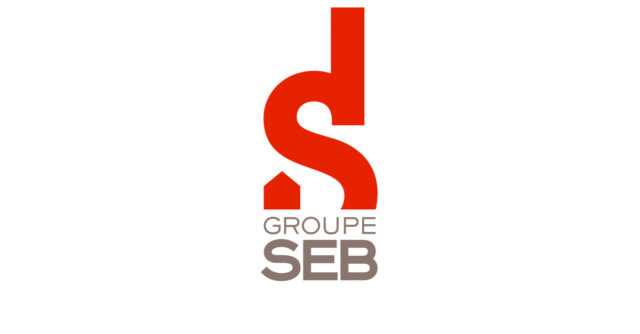ECULLY, France – In June 2024, Groupe SEB reaffirmed its commitment to combating climate change by pledging to achieve net-zero through the Science-Based Targets initiative (SBTi)¹. On this occasion, the Group submitted new targets to accelerate the reduction of Greenhouse Gas (GHG) emissions, across scopes 1, 2 and 3, to be achieved by 2030 and 2050.
This reflects its determination to actively contribute to limiting global warming to 1.5°C worldwide and achieving carbon neutrality.
These new targets have just been validated by the SBTi, which confirmed their alignment with the latest scientific data on climate change. These commitments focus on short- and long-term decarbonization trajectories with 2021 as the baseline year, as follows:
- Reduce absolute GHG emissions for scopes 1 and 2 by 42% by 2030.
- Reduce absolute GHG emissions for scope 3² by 25% by 2030.
- Achieve net-zero by 2050 by reducing absolute GHG emissions for scopes 1, 2 and 3 by 90%.
To achieve its targets, the Group is implementing an approach that spans its entire value chain.
Upstream, it is committed to working closely with its suppliers to raise awareness of climate challenges and to integrate an increasing proportion of recycled materials into its products. Within its operations, the Group strives to reduce its energy consumption through optimization measures and by increasing the share of low-carbon electricity used in its production processes. Lastly, Groupe SEB is also taking steps to limit GHG emissions associated with the use of its products by improving their energy efficiency and promoting their optimal use among consumers.
Stanislas de Gramont, Chief Executive Officer of Groupe SEB, commented: “Our products make consumers’ everyday life easier and more enjoyable and contribute to better living all around the world. We believe it is our duty and responsibility to limit their environmental footprint. The validation of our decarbonization targets by the SBTi reflects our commitment to contributing to the fight against climate change. As such, we will fully integrate our climate-focused approach into our activities and value chain. We will continue our decarbonization efforts in collaboration with our stakeholders, whose partnership is essential to our collective success.”
This growth was fueled by the rollout of innovations in the categories that drive the market. In China, Supor continued to gain market shares in its key categories and all distribution channels, despite a still muted consumer environment.
The Professional business of Groupe Seb encompasses Professional Coffee, which accounts for more than 90% of sales, and includes WMF – a world leader in the market for professional fully automatic coffee machines – Schaerer, Wilbur Curtis and La San Marco brands.
¹ The SBTi is a nonprofit organization that includes a subsidiary entity responsible for hosting its validation services. The SBTi’s founding partners are CDP, the World Resources Institute (WRI), the United Nations Global Compact (UNGC), and the World Wildlife Fund for Nature (WWF). The initiative encourages companies and financial institutions to actively participate in the fight against climate change. It provides standards and tools to help them set GHG emissions reduction targets in line with what is necessary to limit global warming to 1.5°C and achieve carbon neutrality by 2050.
² Scope 3 targets focus on GHG emissions from purchased goods and services, upstream transportation and distribution and the use of sold products.
















